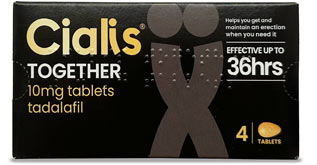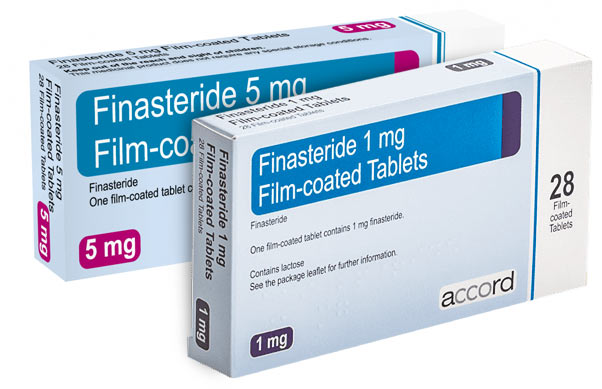
DiCE (Digital Clinical Excellence) released a set of Best practice guidelines for the asynchronous prescribing of medicines online, and a kitemark for participants of the DiCE forum, at an event at the House of Lords (01 May 2024).
Read in fullArticles from Dr Fox related to medical stories in the media.

DiCE (Digital Clinical Excellence) released a set of Best practice guidelines for the asynchronous prescribing of medicines online, and a kitemark for participants of the DiCE forum, at an event at the House of Lords (01 May 2024).
Read in fullDr Fox staff were delighted to present 4 local charities with donation cheques in December and January, to help support their amazing work.


On 14 March 2023, the UK Medicines regulator (MHRA) approved an application to reclassify the erectile dysfunction medication Cialis. When marketed as Cialis Together (tadalafil 10mg), it will be a ‘P’ (pharmacy) medication, and so available ‘over the counter’ in pharmacies – see MHRA reclassifies Cialis Together tablets to a Pharmacy medicine – GOV.UK. This follows the 2018, ‘P’ classification of Viagra Connect (sildenafil 50mg) which has been available OTC, without a prescription, since then.
Read in fullThis decision is good news for men’s health …. Erectile dysfunction can be a debilitating condition, so it’s important men feel they have fast access to quality and legitimate care
Dr Laura Squire, MHRA’s Chief Officer for Healthcare, Quality and Access
Dr Fox recently passed 2 million orders and to mark this milestone donated to several charities, including:


There is currently very little research into Post-Finasteride Syndrome (PFS), probably in part to it being rare and also the varying side effects that sufferers experience. Not all doctors are aware of this syndrome, however it was recognised in the USA in their list of rare and genetic diseases in 2015.
Finasteride 1mg, also known by the brand name Propecia, is used to treat male pattern baldness. It is also used at a higher dose of 5mg to treat men with symptoms from enlarged prostates. As with all drugs, there is the potential to experience side effects from the medication – erectile dysfunction and reduced libido being the most common. In most cases these side effects settle when the medication is stopped and is no longer in the body’s system. However, rarely, some men continue to experience sexual dysfunction alongside other neurological and physical symptoms and this has been termed PFS. It can be diagnosed if the symptoms persist 3 months after stopping the medication and there are no pre-existing illnesses or current medical conditions or medications that could account for the symptoms.
Read in full
Dr Fox recently reached 1,000,000 prescription orders and to mark this milestone have donated £2,000 each to 5 local charities in Bristol that help the homeless, to support them in their work.
Read in fullIndex Medical Ltd is registered with the Care Quality Commission (CQC). Following an inspection 16 April 2019 by a team from the CQC the final report was published 04 June 2019 which rated the service ‘Good’ on all 5 aspects of the inspection framework:
Since July 2021, the CQC inspects services on a monthly basis, focusing on safety and how effective a service is led.
Read in fullThe press reported this week that since the contraceptive pill was first launched – and this was 60 years ago! – we could have been doing it differently! They also stated that one of the reasons behind this was to please the Pope!
Let’s try and put this medical conundrum into understandable terms, and try to prevent confusion!
Read in full